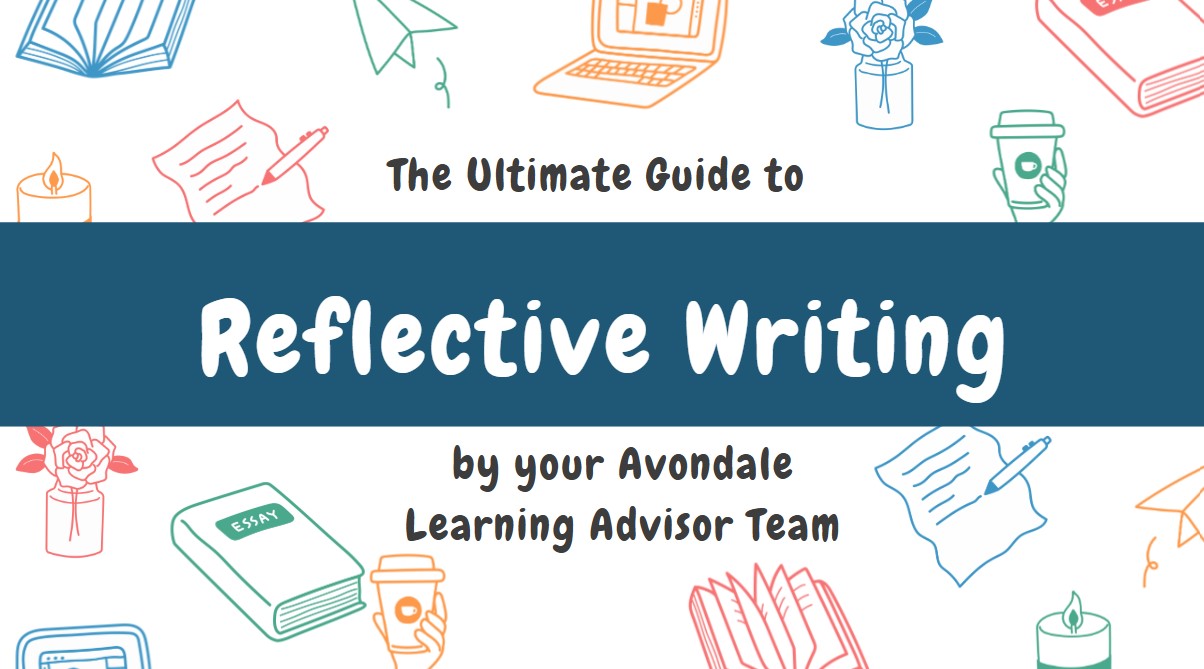


What is Reflective Writing?
Reflective writing is different to most types of academic writing. This is because it requires you to record your personal reaction or response to material you have read, viewed or listened to.
Structure of a Reflective Response
While the format of your reflective response will be determined by your lecturer’s specific requirements, your reflective response should be structured around three major elements: description, analysis and outcome.
Description
Identify what you are reflecting on (whether a journal article, book chapter, film, podcast, presentation or image) and who the author, artist or speaker is.
Describe the main theme of what you are reflecting on.
Analysis
This is the most important part of your reflective response. It is also the part your lecturer will be most interested in as it is where you critically analyse and evaluate the content of what you have read or observed. In this part of your response you should:
Ask yourself some of these questions to assist your analysis:
Are there parts of the material you found particularly interesting or challenging? o Does the material tie in with anything you have been exposed to before?
Has the material changed the way you think, or affirmed something you already knew?
What theories might help explain the material further? Are there other perspectives that challenge your views? (Monash University, n.d.).
Outcome
In this part of your response you should reflect on what you have learned and what you might change next time:
Offer some recommendations in terms of who might benefit from the material and why.
Explain how you may be able to incorporate what you have learned from the material into your professional life.
 What?
What?

This resource page has been developed to help you write a reflective response. However, your lecturer may have specific ideas of what should and shouldn't be included in your assessment. Always ask your lecturer if unsure.
Word Limit
You may be subject to a fairly strict word limit when writing a reflective response (sometimes only 200-400 words). If this is the case, you will need to be selective about what elements you include in your response. You will need to write as clearly and directly as you can.
Monash University. (n.d.) Reflective writing structure. https://www.monash.edu/rlo/assignment-samples/education/education-reflective-writing/reflective-writing-structure
Avondale University acknowledges our Sovereign God as Creator and Provider of all things. We respectfully acknowledge the Awabakal and Darramuragal people as the traditional custodians of the lands on which we live, work, study and worship across our Lake Macquarie and Sydney campuses. We pay our respects to Elders past, present and emerging, and extend that respect to all First Nations People.
Avondale University is a member of the worldwide Seventh-day Adventist system of universities and colleges.
CRICOS Provider No.: 02731D. RTO: 91191. TEQSA: PRV12015. ABN: 53 108 186 401.
© Avondale University Ltd 2025